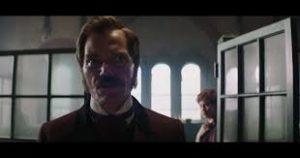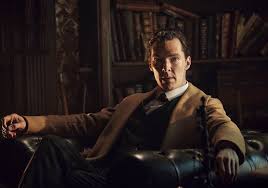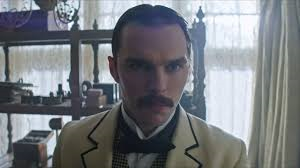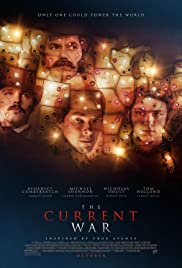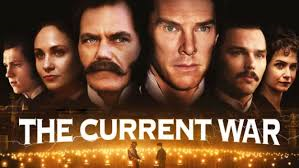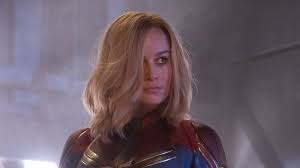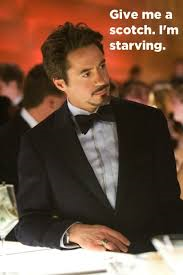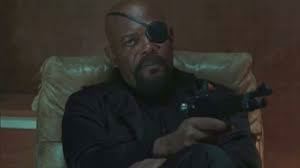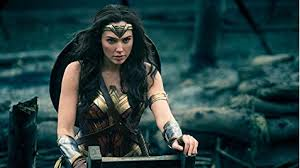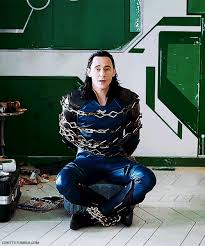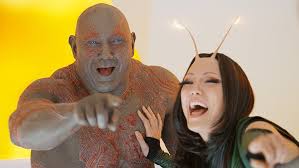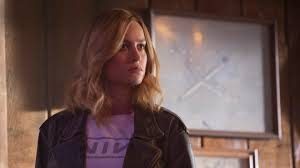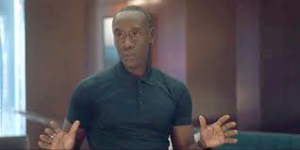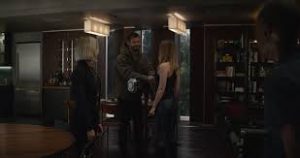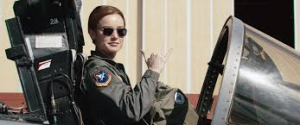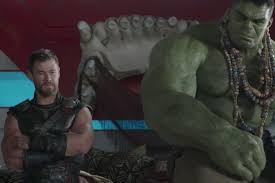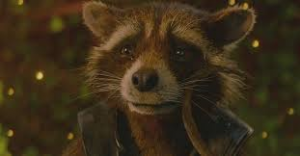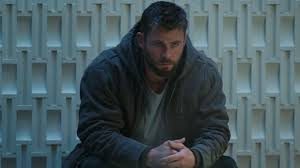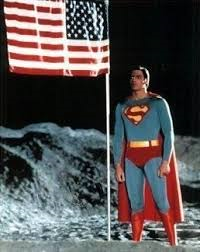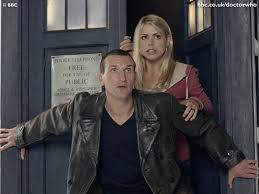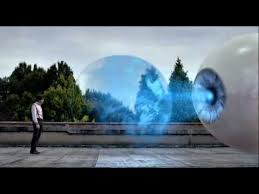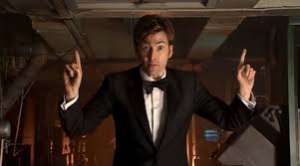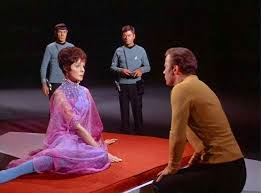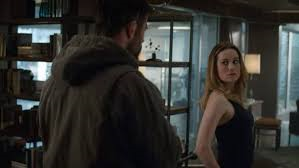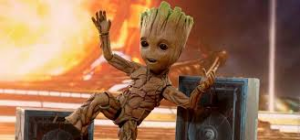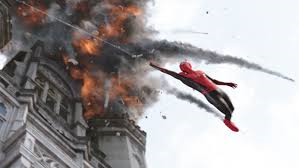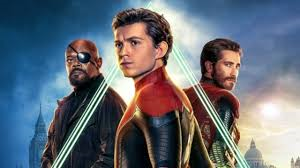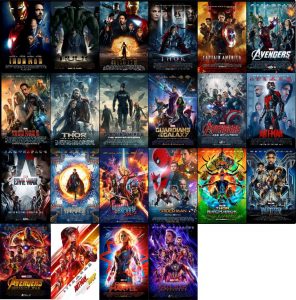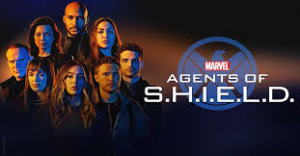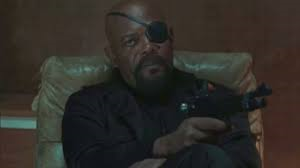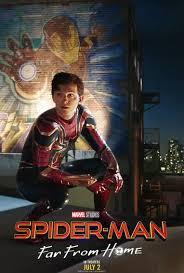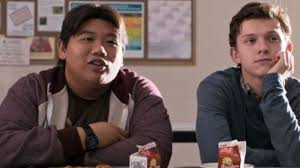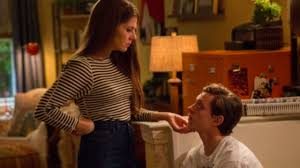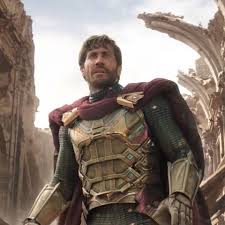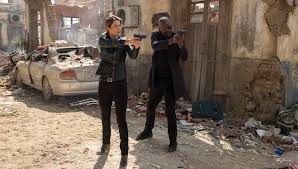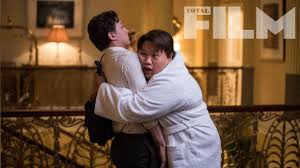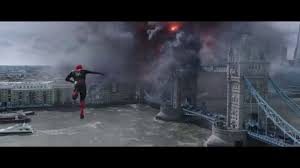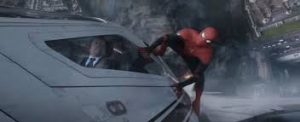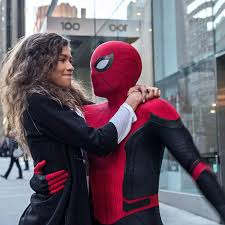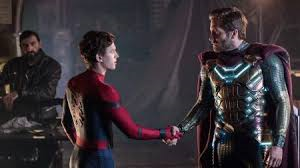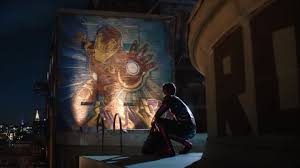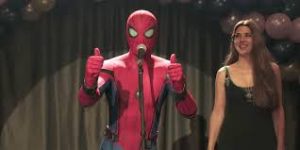AUDIO OPTION FOR REVIEW ON THE CURRENT WAR
SHORT TAKE:
Interesting but ultimately unsatisfying, movie about three of the most brilliant American minds at the turn of the previous century – Edison, Westinghouse and Tesla – wrestling with and competing for the frontier of bringing electricity to American homes for light and power. Unfortunately, the movie is undercut by its own attempts at being too art house for its own good, spending more time on kaleidoscopic imagery than on character development or coherent plot.
WHO SHOULD GO:
No sex but some profanity, including unnecessary blasphemy. But it is unlikely that younger than mid-teens would be interested anyway.
LONG TAKE:
It is a maxim of screenplay writing that you never put anything into your script which does not forward your story. There is even a colloquial expression for it: “killing your darlings”. I don’t think the writer of Current War, Michael Mitnick, got that memo.
 The script reads like a kid’s book titled “Things you might not know about Edison, Tesla and Westinghouse”. The movie is full of trivia bits about America’s most prominent electrical inventors, which scenes come and go like waves on a beach, only to disappear, go nowhere, and without contributing anything significant to the story.
The script reads like a kid’s book titled “Things you might not know about Edison, Tesla and Westinghouse”. The movie is full of trivia bits about America’s most prominent electrical inventors, which scenes come and go like waves on a beach, only to disappear, go nowhere, and without contributing anything significant to the story. 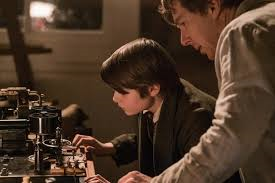 Edison’s young son knew Morse code which he uses a couple of times to communicate in secret with his father.
Edison’s young son knew Morse code which he uses a couple of times to communicate in secret with his father.  Westinghouse endured a traumatic incident during the Civil War.
Westinghouse endured a traumatic incident during the Civil War. 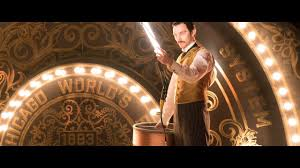 Tesla was seriously OCD. But these moments only come out in brief scenes, flicker like fireflies, then wink out never to be heard from again.
Tesla was seriously OCD. But these moments only come out in brief scenes, flicker like fireflies, then wink out never to be heard from again.
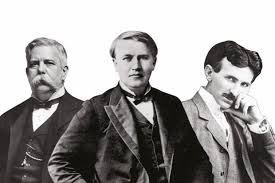 The main story revolves around the competition for who, among these geniuses, would be the pre-eminent powerhouse in, for and of America. Who would bring electricity, power and energy, coast to coast into American homes? Each man had his own motivations, principles which upheld him, styles of behavior and problem-solving approaches with which to accomplish this goal.
The main story revolves around the competition for who, among these geniuses, would be the pre-eminent powerhouse in, for and of America. Who would bring electricity, power and energy, coast to coast into American homes? Each man had his own motivations, principles which upheld him, styles of behavior and problem-solving approaches with which to accomplish this goal.
But because of the scattershot approach by director Alfonso Gomez-Rejon and writer Mitnick, we get only the most trivial of impressions of each of these astonishing minds and never get at the heart of what truly motivated them.
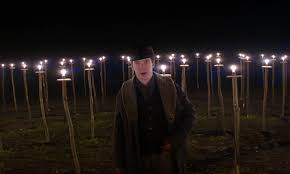 What makes this worse is the disjointed cinematography by Chung-hoon Chung. Current War looks more like an artsy MTV music video than a presentation of the historic events that occurred in the late 19th and early 20th centuries. But the jumbled and anachronistic style isn’t the problem with the film, just a visualized symptom of its fatal flaw.
What makes this worse is the disjointed cinematography by Chung-hoon Chung. Current War looks more like an artsy MTV music video than a presentation of the historic events that occurred in the late 19th and early 20th centuries. But the jumbled and anachronistic style isn’t the problem with the film, just a visualized symptom of its fatal flaw.
Even those somewhat keen on history will be left confused and befuddled because of the incohesive way the story is presented.  Scenes were broken into multiple unconnected parts. Series of pictures with only a tangential relation to the events were injected into the proceedings. For example, a kinetoscope series of photos of a walking elephant then monkey then a man were precursors to a condemned murderer’s walk to his execution. Even the music by Danny Bensi and Saunder Juriaans was unhelpfully off-putting and unpleasant.
Scenes were broken into multiple unconnected parts. Series of pictures with only a tangential relation to the events were injected into the proceedings. For example, a kinetoscope series of photos of a walking elephant then monkey then a man were precursors to a condemned murderer’s walk to his execution. Even the music by Danny Bensi and Saunder Juriaans was unhelpfully off-putting and unpleasant.
 Also, scenes were poorly lit, in an apparent but misguided effort to show how important the electric light would become. Rejon may have been going for realism but instead just resulted in a lot of squinting by this audience member.
Also, scenes were poorly lit, in an apparent but misguided effort to show how important the electric light would become. Rejon may have been going for realism but instead just resulted in a lot of squinting by this audience member. 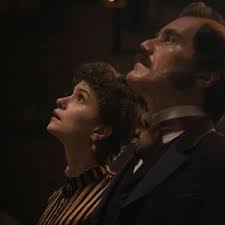 Even at one moment of triumph, when all the lights were supposed to go on in a city, it was a lot of build up then —- meh.
Even at one moment of triumph, when all the lights were supposed to go on in a city, it was a lot of build up then —- meh.  Yes, perhaps the actual lights were not that bright, but there was no attempt to translate for a modern audience to show how the characters would have perceived the event. The film makers were apparently so engrossed in making something that would impress themselves they forgot to impress their audience.
Yes, perhaps the actual lights were not that bright, but there was no attempt to translate for a modern audience to show how the characters would have perceived the event. The film makers were apparently so engrossed in making something that would impress themselves they forgot to impress their audience.
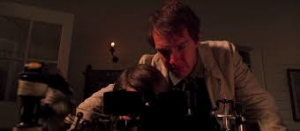 The costumes were really beautiful and the set designs were interesting, but as sepia toned as everything was it was difficult to appreciate either fully.
The costumes were really beautiful and the set designs were interesting, but as sepia toned as everything was it was difficult to appreciate either fully.
 The overall effect was disappointing, especially as Mr. Chung did such a wonderful job with his far more straight forward telling of both
The overall effect was disappointing, especially as Mr. Chung did such a wonderful job with his far more straight forward telling of both  Hotel Artemis (SEE REVIEW HERE) and
Hotel Artemis (SEE REVIEW HERE) and 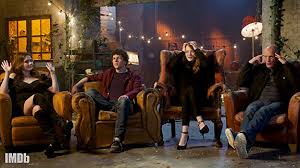 Zombieland: Double Tap (SEE REVIEW HERE).
Zombieland: Double Tap (SEE REVIEW HERE).
 Messieurs Chung and Gomez-Rejon tried to present three sides of the same story all at once. While the threads did occasionally intertwine, the focus of the pattern ended up pulled in three different directions, resulting in the unraveling of the core of the tale. This might have worked had there been a strong central idea. But the more threads, the stronger the center must be. And there was only the vague notion of the three men wanting to achieve success in their fields to carry the story forward. There was no singular goal to let us know when the race was over.
Messieurs Chung and Gomez-Rejon tried to present three sides of the same story all at once. While the threads did occasionally intertwine, the focus of the pattern ended up pulled in three different directions, resulting in the unraveling of the core of the tale. This might have worked had there been a strong central idea. But the more threads, the stronger the center must be. And there was only the vague notion of the three men wanting to achieve success in their fields to carry the story forward. There was no singular goal to let us know when the race was over.
What keeps this from being a complete disaster was the masterful performances of the major actors: 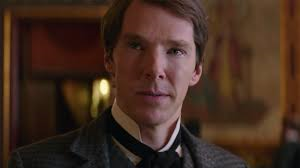 Benedict “Dr. Strange” Cumberbatch as Edison,
Benedict “Dr. Strange” Cumberbatch as Edison,  Michael “General Zod” Shannon as Westinghouse,
Michael “General Zod” Shannon as Westinghouse,  Nicholas “Beast” Hoult as Tesla,
Nicholas “Beast” Hoult as Tesla,  Tom “Spiderman” Holland as Edison’s assistant, Samuel Insull, and
Tom “Spiderman” Holland as Edison’s assistant, Samuel Insull, and  Katherine Waterston (Tina from Fantastic Beasts) as Mrs. Westinghouse all did a yeoman’s job with their parts. The actors’ chemistry is excellent, at turns with: camaraderie, loyalty , antagonism and occasionally begrudging admiration. But even channeling their alter-ego super beings only lit the way for Current War so far.
Katherine Waterston (Tina from Fantastic Beasts) as Mrs. Westinghouse all did a yeoman’s job with their parts. The actors’ chemistry is excellent, at turns with: camaraderie, loyalty , antagonism and occasionally begrudging admiration. But even channeling their alter-ego super beings only lit the way for Current War so far.
Others like  Matthew MacFadyen (Pride and Prejudice) as tycoon and financier J.P. Morgan, and Stanley Townsend who actually studied engineering and math in Dublin, and plays Franklin Pope, Westinghouse’s friend and chief engineer/inventor, give stand out performances. But again, they are not in a position to rescue the quirky distracting cinematography or jumbled storyline.
Matthew MacFadyen (Pride and Prejudice) as tycoon and financier J.P. Morgan, and Stanley Townsend who actually studied engineering and math in Dublin, and plays Franklin Pope, Westinghouse’s friend and chief engineer/inventor, give stand out performances. But again, they are not in a position to rescue the quirky distracting cinematography or jumbled storyline.
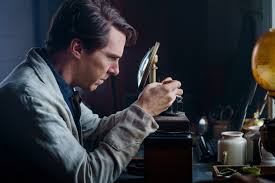 On the plus side, for family viewing, there is no sex. And while violence does occur – an axe murder, an accidental electrocution, an execution, and the deliberate electrocution of a horse as a demonstration of the dangers of alternating current – the carnage is very Shakespearean in that it all politely happens off-screen.
On the plus side, for family viewing, there is no sex. And while violence does occur – an axe murder, an accidental electrocution, an execution, and the deliberate electrocution of a horse as a demonstration of the dangers of alternating current – the carnage is very Shakespearean in that it all politely happens off-screen.  Unfortunately, there is some unnecessary profanity and blasphemy which, along with the muddled presentation, makes this less than ideal for children, even as a cinematic history lesson.
Unfortunately, there is some unnecessary profanity and blasphemy which, along with the muddled presentation, makes this less than ideal for children, even as a cinematic history lesson.
There ARE, however, other movies which cover most of the same ground which would be a far better use of your time.
The delightful old Spencer Tracy 1940 classic  Edison: The Man which you can get on Amazon.com, is a charming telling of Edison’s life.
Edison: The Man which you can get on Amazon.com, is a charming telling of Edison’s life.
There are two films featuring Tesla. The biographical 1980 The Secret of Nickola Tesla, which in full disclosure, I have not seen yet myself, but my research promises it to be an interesting view. The Secret of Nikola Tesla stars Yugoslavian-born 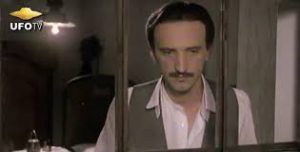 Petar Bovozic in the lead, Struther Martin (who, in
Petar Bovozic in the lead, Struther Martin (who, in  Cool Hand Luke, famously said: “What we have here is a failure to communicate!”) as
Cool Hand Luke, famously said: “What we have here is a failure to communicate!”) as 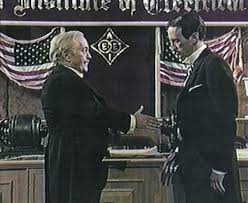 George Westinghouse, and
George Westinghouse, and 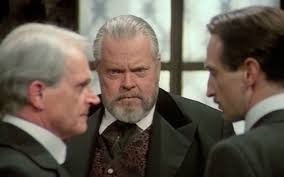 THE Orson Welles (Citizen Kane) as JP Morgan, Edison’s financier. The star power and focus on the one man’s life warrants a better story.
THE Orson Welles (Citizen Kane) as JP Morgan, Edison’s financier. The star power and focus on the one man’s life warrants a better story.
The other movie with Tesla, which demonstrates how clever slight of hand and advanced enough scientific breakthroughs can both look like magic, is the eccentric The Prestige about – well – magic. The Prestige stars 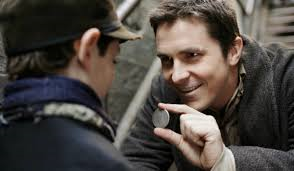 Christian Bale,
Christian Bale, 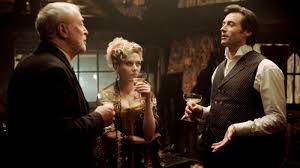 Hugh Jackman, Scarlett Johansson, Michael Caine, and the notoriously bizarre rock star David Bowie
Hugh Jackman, Scarlett Johansson, Michael Caine, and the notoriously bizarre rock star David Bowie 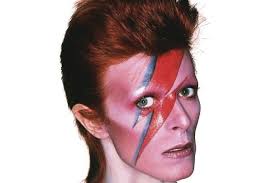
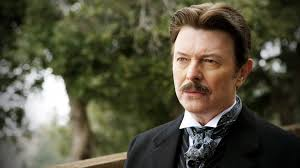 as Tesla!
as Tesla!
And if you’re looking for a movie about George Westinghouse, well you’re kind of out of luck, at least for the moment.
But Current War, despite its clever title, in its attempt to cover too much ground, with more art than substance, from too many perspectives was, ironically, as far as the men it purports to be about, not very illuminating.